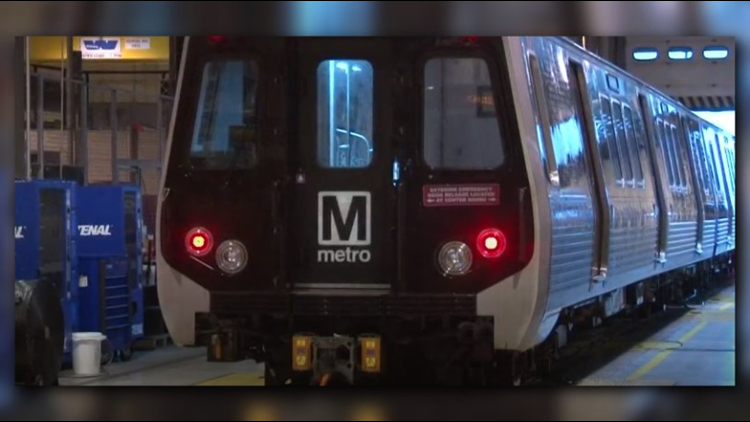WASHINGTON – On the eve of a final vote that would relax penalties on those who do not pay D.C. public transit fare, critics say the measure would condone stealing from Metro.
“Decriminalizing fare evasion, which essentially amounts to theft from the transit system, sends the signal that failing to pay to ride the bus or rail is not a serious infraction,” said the editorial board of the Washington Post on Monday.
“We urge the council to work with Metro in addressing its concerns.”
Fare evasion—the act of jumping Metro turnstiles or refusing to pay bus fare—is costing Metro millions. Last summer, WUSA9 watched for Metrorail fare evaders at Gallery Place Metro. Over a 20 minute period, we saw riders skip the fare gate 10 times.
The District’s 13-member council will hold a final vote Tuesday on a fare evasion bill that would turn a $300 criminal fine into a $50 civil penalty. The change would go into effect sometime next year. It would have no impact in Maryland or Virginia.
Proponents of decriminalization analyzed more than 30,000 citations given over a 25 month period and insist enforcement highlights a racial disparity. The Washington Lawyers' Committee for Civil Rights found more than 90 percent of those cited for fare evasion were black.
But Metro’s board underscores the financial drain on the transit agency, which believes it is losing $25 million in revenue each year from those who don’t pay fare on Metrobus alone.
“It's just unfair to people who pay their fares,” said Metro board chair and Ward 2 councilman Jack Evans who voted against the measure in procedural votes. Evans said revenue recouped by fare evasion enforcement is enough to keep the beleaguered transit agency solvent.
“If we got the $60 million that we're owed-- that's being stolen from us from our own customers-- we wouldn't have to do anything,” said Evans.
Metro has proposed working with the District to provide subsidized fare cards to low-income residents.
Board members also stress the unintended benefits of fare evasion stops. Metro officials said while eight percent of fare evasion stops result in an arrest, 356 wanted criminals out on open warrants have been arrested in the last year.
Evans thinks it’s unlikely the minds of any council members will be changed Tuesday. “But I think it’s important to make the argument,” said Evans



